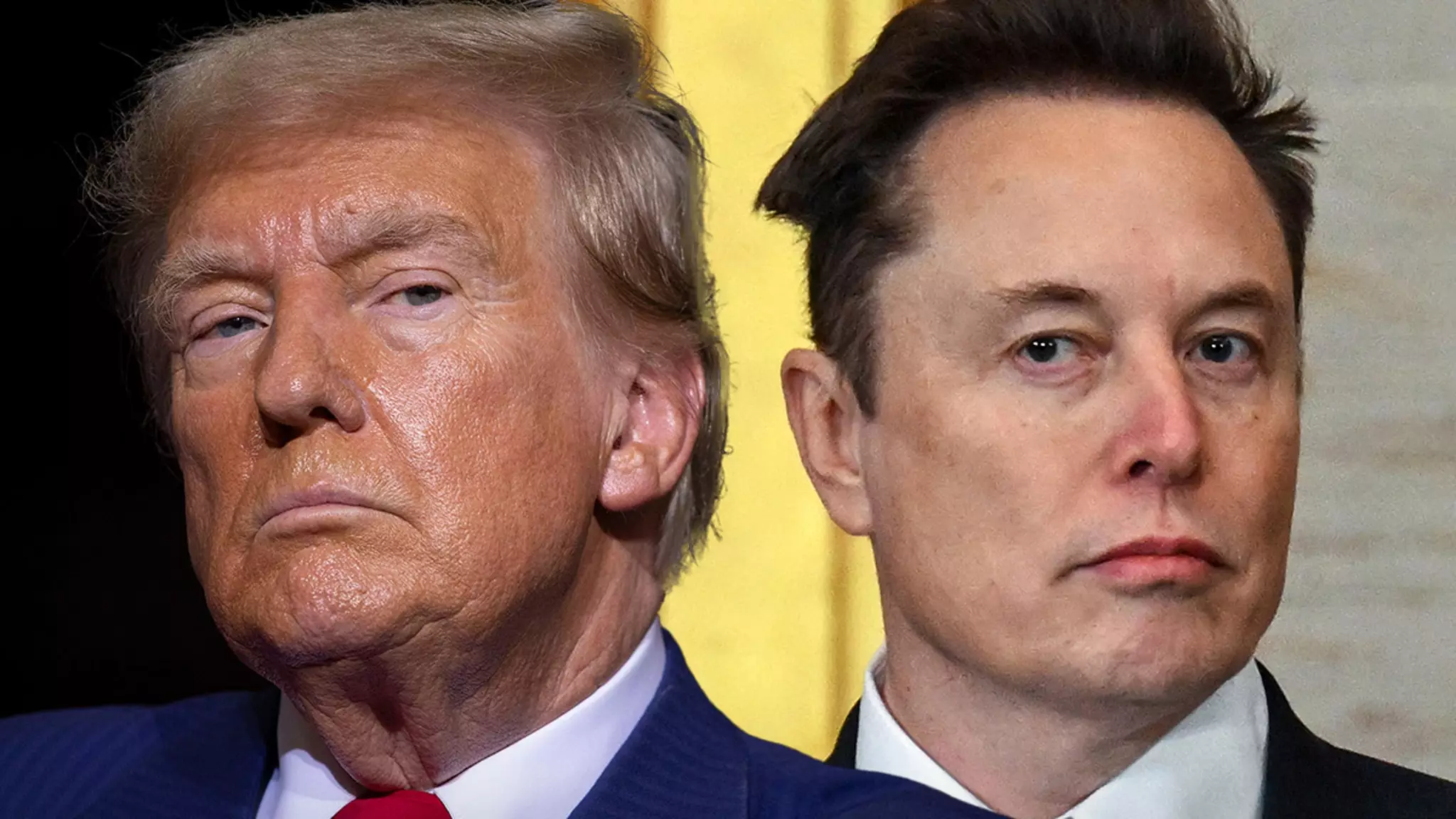The escalating feud between former President Donald Trump and tech mogul Elon Musk exposes more than just surface-level disagreements; it reveals a deeper rivalry rooted in influence, ideology, and perceived power. Trump’s outspoken threats to deport Musk, combined with Musk’s provocative social media responses, highlight the polarization present at the intersection of politics and technology. Both figures have cultivated massive followings, yet their interactions suggest they see each other as obstacles to their respective visions—Trump as the populist politico seeking to consolidate traditional power and Musk as the innovative tycoon pushing disruptive technologies and alternative political narratives. Their relentless sparring illustrates how personal branding and public perception are weaponized in the digital age, often overshadowing substantive policy debates.
The Political Battlefield Shifts to Social Media
Social media has become the new arena for political combat, and neither Trump nor Musk shies away from using their platforms to dominate headlines. Trump’s virulent posts on Truth Social threatening the use of government agencies against Musk are reminiscent of a political show of force, signaling that he perceives Musk’s criticism as a challenge to his authority. On the other hand, Musk’s candid tweets criticizing Trump’s legislative agenda reflect his willingness to publicly oppose political figures—even those who once aligned with him. This digital battleground amplifies their grievances, turning individual disputes into national ideological debates. Their exchanges serve as a testament to how personal animosities are embedded in policy disputes, fueling public division and raising questions about accountability and civility in leadership.
Economic and Policy Wars: Subsidies, Legislation, and Political Power
Central to their rivalry are contrasting visions for America’s future—particularly around economic policy and technological innovation. Trump’s attack on Musk underscores tensions over government subsidies and perceived corporate favoritism. His claim that Musk relies heavily on government support to sustain Tesla and SpaceX raises questions about the dependency of Silicon Valley giants on taxpayer funding. Meanwhile, Musk’s opposition to the Big Beautiful Bill highlights a broader critique of government overreach and misguided spending priorities. Musk’s promise to explore creating a new political party if the legislation passes underscores his frustration with traditional political processes and his desire to disrupt the status quo. These exchanges reveal a growing divide: Trump champions populist, protectionist policies that emphasize traditional industries and national sovereignty, while Musk advocates for innovation and modernization, often clashing with entrenched political interests.
The Future of Power Dynamics and Public Trust
What makes this ongoing conflict especially noteworthy is how it reflects larger societal tensions about authority, influence, and the purpose of public discourse. Trump’s threats to leverage governmental agencies and Musk’s provocative tweets suggest a shift toward viewing power as something wielded less through institutions and more through social media battlegrounds. The personal insults, like Musk’s Pinocchio meme and Trump’s veiled threats, may seem trivial on the surface but, in reality, they point to a deeper erosion of civility in political dialogue. This dynamic raises questions about trust—whether the public questions the legitimacy of traditional authority or is increasingly swayed by the spectacle of personal rivalry. The battle between these two influential figures signifies a broader struggle over who controls the narrative, innovation, and ultimately, the direction of America’s future.
The Implications for Democracy and Innovation
Their feud is more than just a personal dispute; it’s a reflection of divided priorities that could shape policy and innovation for years to come. Trump’s focus on returning to “traditional” industries and limiting government support contrasts sharply with Musk’s push for renewable energy, space exploration, and technological progress. This polarization risks creating a bifurcated society where technological advancement is viewed through political lenses, potentially stalling progress or skewing priorities toward short-term populist gains. Meanwhile, the spectacle of two titans publicly vying for influence may diminish public trust in leadership and institutions, fostering cynicism instead of constructive debate. Their rivalry, enjoyed and amplified by their followers, points to a future where politics and technology remain intertwined in unpredictable and often contentious ways, with the stakes higher than ever for the nation’s innovation capacity and democratic health.

